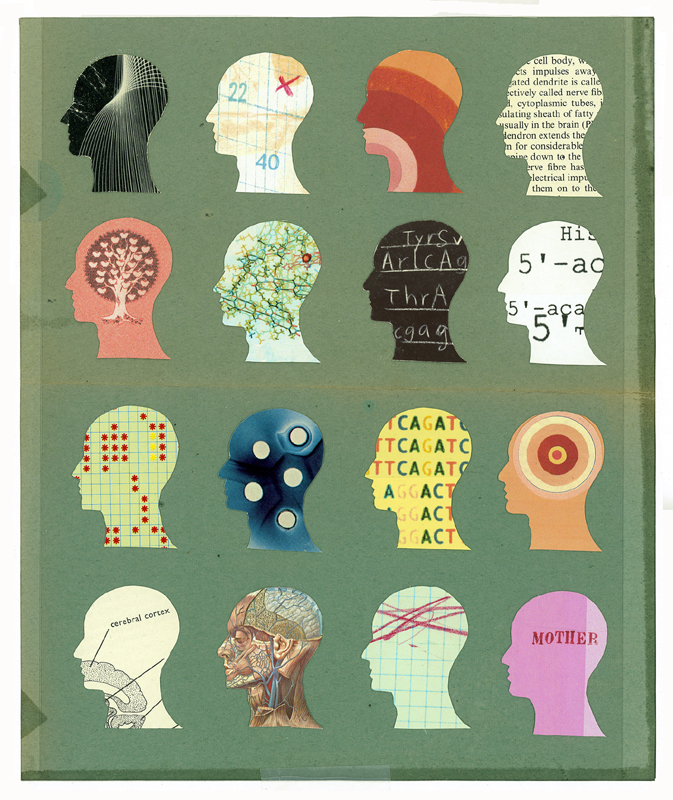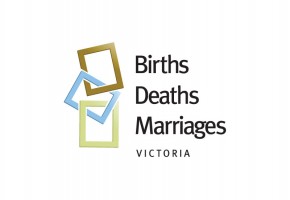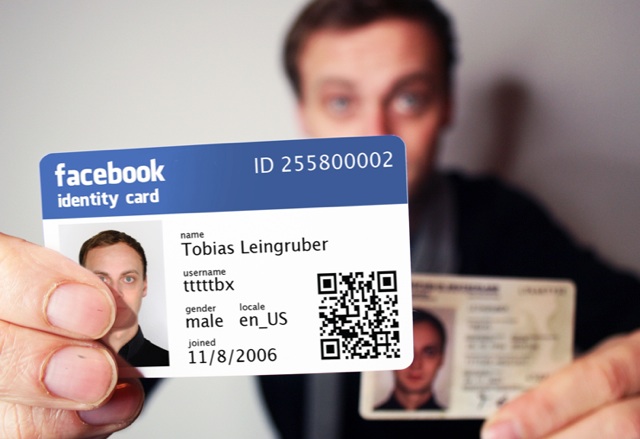 How do you introduce yourself when you meet someone? With your name, your job title, your Twitter handle, your customer number? Do you follow “Hi!”, “Hello”, “Hey” or “How’s it going?” with a statement of your nationality, the part of town you’re from, your relationship status or the name of the football team you support?
How do you introduce yourself when you meet someone? With your name, your job title, your Twitter handle, your customer number? Do you follow “Hi!”, “Hello”, “Hey” or “How’s it going?” with a statement of your nationality, the part of town you’re from, your relationship status or the name of the football team you support?
How we identify ourselves is relational. How we express ourselves is contextual. In a future where we have relationships with hundreds or thousands of people online, personally and professionally, known and unknown, across multiple channels and a variety of contexts, what does identity mean?
The fundamental notion of identity seems to be undergoing a radical shift as the virtual world encroaches more and more on the physical. ~ Eric Schmidt, Executive Chairman Google

Internet Dog, The New Yorker, 5 July 1993
Traditional elements that shape a person’s identity, such as their religion, ethnicity, job and age are becoming less important than they once were. Instead, particularly among younger people, their view of themselves is shaped increasingly by on-line interactions of social networks and on online role playing games. Over 80% of children will have a digital footprint by the time they are two years old – their parents painting a public picture of them before they are even born. Researchers are now able to accurately infer a Facebook user’s race, IQ, sexuality, substance use, personality or political views from likes.
Hub Melbourne and Doing Something Good are partnering with the Victorian Registry of Births, Deaths and Marriages (BDM) to explore the changing face of personal identity and the future of identification.

BDM was established in 1853 in order to record and certify all births, adoptions, marriages and deaths occurring in the state of Victoria. These were the significant life events of the times that were chosen to identify citizens and the social markers we used to frame our identities. But a lot has changed in 160 years. The world we live in and the nature of our relationships are increasingly more complex – the social definitions of significant life events evolving alongside them.
The make up of modern families and the social context of marriage continues to change significantly. In May this year the NSW Court of appeal formally recognised a legal category for people who do not identify with either gender. And not only are we living longer, part of us is now living forever online. But who does your data belong to and what does it all mean?
Join us at Hub Melbourne for what is sure to be a fascinating and provocative night with Lightning Talks from seven special guests, followed by a participatory workshop to envision the changing face of personal identity and the future of identification, with its accompanying challenges and opportunities.
Join the conversation on Twitter: follow @DoingSomeGood and hashtag #futureofID
Venue: Donkey Wheel House, Level 2, 673 Bourke Street, Melbourne (down one floor from Hub Melbourne)
Date: Monday 17 June, 2013
Time: 6:00pm arrival for 6:30pm start. Event finishes at 8:30pm.
Wine, beer and light snacks provided.
The Changing Face of Personal Identity is brought to you by Doing Something Good in partnership with Hub Melbourne and the Victorian Registry of Births, Deaths and Marriages (BDM).



